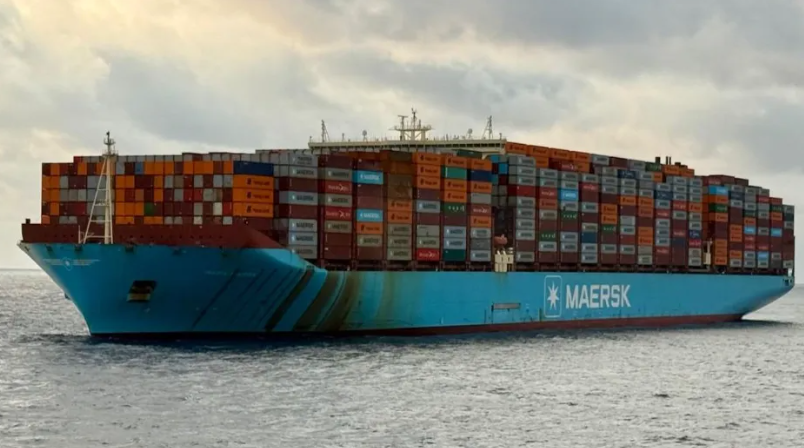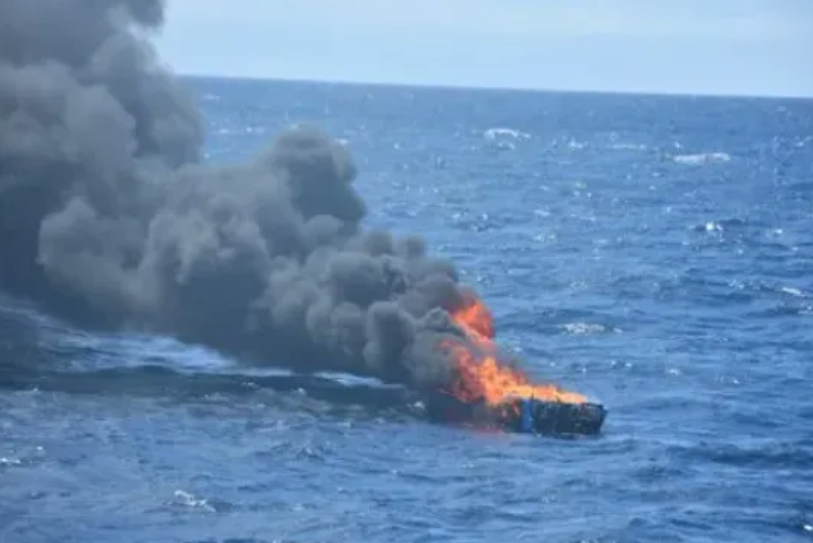Recently, Alaska Marine Lines announced it will suspend the transport of electric vehicles (EVs) and plug-in hybrid vehicles (PHEVs).
The shipping industry continues to face pressure due to fire hazards and the potential for uncontrollable, toxic fires caused by lithium-ion batteries. Alaska Marine Lines is the latest carrier to report that increasing safety risks have prompted a halt in transporting EVs and PHEVs.
Alaska Marine Lines operates key freight barge services across Alaska and Hawaii, serving as a vital channel for commercial cargo.
In a customer statement issued on August 12, the company said: “Although we have previously transported EVs and PHEVs, the complexities and fire risks associated with large lithium-ion batteries at sea have led us to reassess how best to protect our employees and equipment. While battery incidents are rare, fires of this type are uncontrollable and could have catastrophic consequences at sea.”
The new policy takes immediate effect for Central and Western Alaska and Hawaii. The company will continue transporting these vehicles to Southeast Alaska until September 1. The decision does not affect other hybrid vehicles, small electric recreational vehicles, e-bikes, or ATVs. Alaska Marine Lines said it will continue to reassess safe transport as industry standards and safety protocols evolve.
Alaska Public Media noted that these restrictions are particularly challenging for Southeast Alaska, where EVs are growing in popularity. The Alaska Marine Highway System and its ferries will continue to transport EVs on a limited basis.
Alaska Marine Lines’ policy mirrors a decision made by Matson in June. That company reported that, despite precautions to manage potential fires, vessels traveling from California to Hawaii and Guam will no longer carry electric vehicles.
On June 3, the auto transport vessel Morning Midas caught fire. The crew could not control the blaze, and the ship was abandoned about 300 miles southwest of the Aleutian Islands in the central Pacific. It was carrying roughly 3,000 vehicles, including about 800 EVs.
On June 24, shipowner Zodiac Maritime Agencies reported that the Morning Midas, built in 2006, sank in northern waters at 4:35 PM UK time. Fires involving electric vehicles remain a major concern for the shipping industry, with battery-related blazes notoriously difficult to manage.

Last
Maersk s MARIE MAERSK Resumes Eastbound Voyage After Controlling Container Fire
Maersk has confirmed that the container ship MARIE MAERSK resumed eastbound sailing around the Cape of Good Hope on August 24, fol

Next
USCG Launches Major Operation in Eastern Pacific, Seizes Over 13,000 Pounds of Cocaine
The U.S. Coast Guard (USCG) is conducting another major operation targeting drug trafficking and human smuggling in the Eastern Pa
